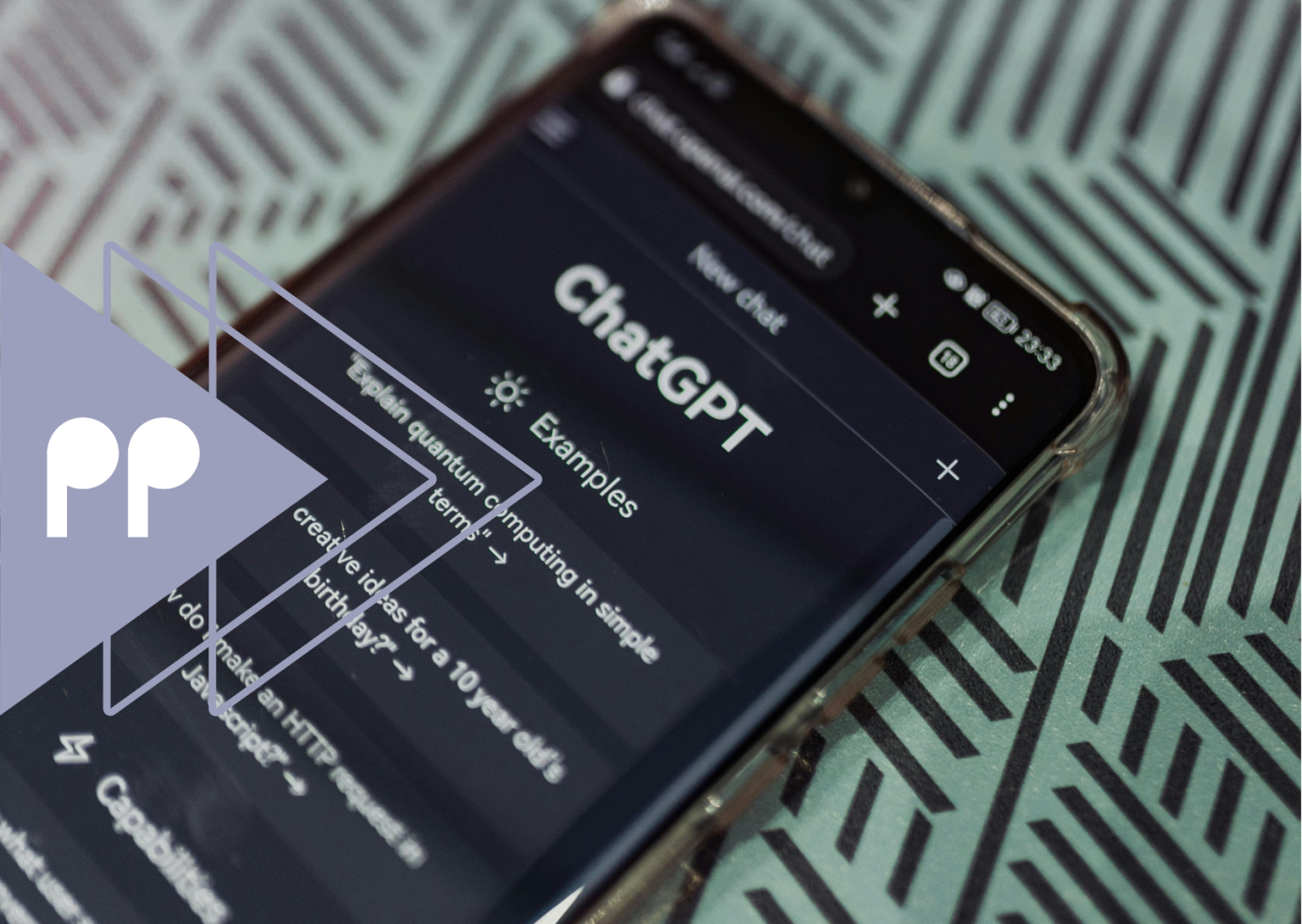In the high-stakes chess game of European Parliament (EP) elections, political parties are constantly on the lookout for the next big move that could give them the edge. Enter artificial intelligence, the game-changing force that’s rewriting the rules of political engagement. At the heart of this revolution is ChatGPT, a tool that’s not merely enhancing the way parties connect with voters but also revolutionising the very bedrock of campaign management and policy development.
Eight weeks before Europe votes, let’s delve into how ChatGPT is set to be the ace up the sleeve for savvy political professionals seeking to navigate these changing tides. Plus, ready-made prompts for each political professional to use.
- Personalised voter engagement
Gone are the days of generic campaign flyers and broad-spectrum ads. In today’s digital age, the electorate craves a connection that feels personal, bespoke. That’s where ChatGPT shines, offering a bridge between mass outreach and individual touch. By sifting through mountains of voter data and interactions, this AI wizard tailors messages that strike a chord with each voter’s unique concerns and preferences. The result? A surge in voter satisfaction and campaign efficiency that’s hard to ignore.
ChatGPT prompt: “Generate a personalised campaign message aimed at young voters aged 18-25. This message should reflect their unique concerns and preferences, particularly focusing on issues such as climate change, affordable education, and job opportunities. The message should feel bespoke and directly address the individual’s potential worries and aspirations. Use data insights from recent surveys and social media trends to inform the tone and content of the message.”
- Real-time policy feedback analysis
Staying attuned to the public’s pulse when dealing with policy-making is crucial but challenging. ChatGPT streamlines this task, transforming the cumbersome feedback loop into a sleek, real-time process. By aggregating public sentiment from the various digital platforms, parties can fine-tune their policies on-the-fly, ensuring they resonate with the electorate’s evolving expectations.
ChatGPT prompt: “Automate the analysis of public reactions to our latest policy proposal on climate action, using data from social media platforms, forums, and comment sections of relevant news articles. Identify key themes, concerns, and the overall sentiment expressed by the electorate. Summarise the findings in a report that highlights the most frequent points of support and criticism. Additionally, generate suggestions on how we might adjust our policy to address the electorate’s concerns and better meet their expectations.”
- Automated content creation for campaigns
Content is king in any political campaign, but crafting content that captivates and convinces is no small feat. ChatGPT’s ability to generate informative, persuasive, and engaging content can be a game-changer. From writing speeches to creating social media posts, ChatGPT can help campaign teams maintain a consistent and impactful online presence, crucial for today’s digital-savvy electorate.
ChatGPT prompt: “Create a comprehensive content plan for our political campaign that includes a variety of formats: social media posts, blog articles, email newsletters, and speech drafts. Each piece of content should be informative, persuasive, and tailored to resonate with our target demographic, focusing on key campaign issues such as healthcare reform, economic development, and environmental sustainability. For social media posts, include engaging questions and calls-to-action to encourage interaction. For blog articles, provide in-depth analysis of our policies and their benefits. For email newsletters, combine updates on our campaign’s progress with personal stories from our candidate. Finally, for speech drafts, incorporate powerful rhetoric that highlights our commitment to change and the positive impact of our policies. Ensure all content maintains a consistent tone and message that aligns with our campaign’s values and objectives.”
- Enhanced opposition research
Understanding the strategies and policies of opposition parties is invaluable. ChatGPT emerges as a critical ally in this quest, digesting vast datasets to unravel the opposition’s strategy and policy stance. This intelligence becomes the linchpin of effective counter-campaigning and strategic planning.
ChatGPT prompt: “Conduct a comprehensive analysis of our main opposition party’s strategies and policy positions based on their recent public statements, social media posts, policy documents, and media appearances. Identify their key messages, target demographics, and any potential weaknesses or inconsistencies in their platform. Summarise this analysis in a detailed report that outlines the opposition’s strengths and vulnerabilities, providing insights into their campaign focus and potential voter appeal. Additionally, suggest strategic counter-measures and messaging angles that could be employed to differentiate our stance and capitalise on any identified gaps or weaknesses.”
- Training and development of campaign volunteers
The heart of any campaign is its volunteers, whose effectiveness can be as varied as their backgrounds. ChatGPT steps in as the ultimate trainer, customising learning modules to bridge knowledge gaps and accelerate the learning curve. This ensures a battalion of well-prepared volunteers, ready to make every door knock count.
ChatGPT prompt: “Create training modules for volunteers, covering canvassing, phone etiquette, social media advocacy, and policy knowledge. Tailor content for various experience levels and learning styles with quizzes, exercises, and briefs. Include customization options to address individual knowledge gaps, aiming to boost volunteers’ confidence and ability to convey our campaign’s messages and values effectively.”
Don’t forget the human element
As the EP campaigns unfold, ChatGPT will be in the arsenal of every political party’s AI-powered toolkit. It’s a force multiplier, and offers a suite of enhancements that can dramatically elevate a political professional’s game.
But beware of digital euphoria. ChatGPT isn’t a standalone solution. The essence of political campaigns—personal connection, ethical judgement, and the nuanced understanding of complex social fabrics—remains quintessentially human. This underscores the importance of harnessing AI’s analytical prowess to the irreplaceable depth of human insight.
As we navigate this new era, remember: the judicious use of ChatGPT, balanced with vigilant human oversight, isn’t just advisable—it’s imperative. In doing so, we not only harness the power of innovation but also ensure the soul of our political discourse remains intact, vibrant, and genuinely human.

